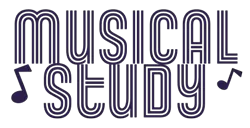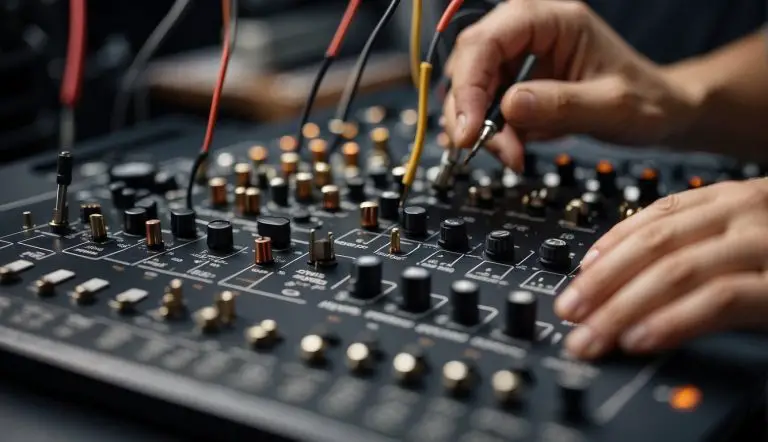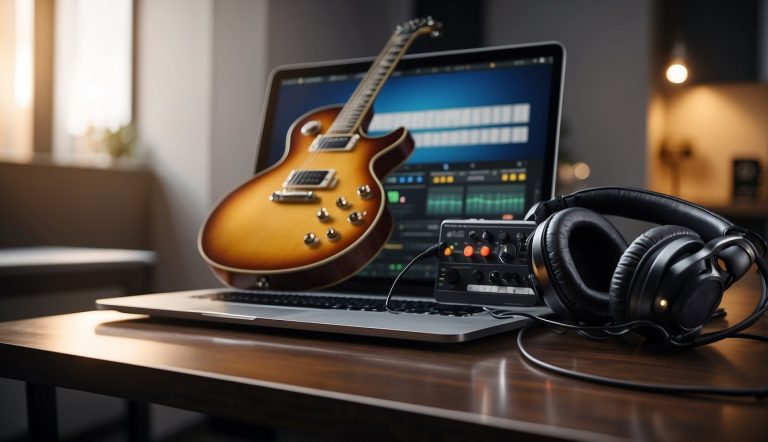How to Find the Best Chorus Pedal for Your Guitar
There are tons of guitar pedals and effects that you can try out there. This is why it’s critical to know what you want and what kind of effect you are looking for. Most especially, when you’re a beginner.
A delay pedal or a reverb pedal might even have a similar concept or effect to your music as compared to a chorus pedal. Later on, we will be discussing why a delay pedal’s technological concept is quite similar to the chorus pedal.
When it comes to “thickening” your guitar audio signal, these three effect pedals might be of use to you.
As for the chorus pedal, there are certain things you should and might want to look into to find the best one for you. There’s no doubt that a lot of brands can offer you lots of different features. Knowing the basics and fundamentals about a chorus pedal will help you limit your list of things you might check out.
Remember that your needs and musical preferences should always come first when buying any effect pedal, including the chorus pedal. We will be listing down things you should look for to find the best chorus pedal for you. And to help you get started with your hunt, we also included several reviews of chorus pedals you can first try with.
Background of a Chorus Pedal
For starters, a chorus pedal gives out an ensemble sound to your guitar signal which is what we call the chorus effect. This effect makes your guitar sound as if two or more guitars are playing along with you in not so perfect unison.
This is similar to the delay pedal. However, the chorus effect is based on a short delay. It replicates a certain riff in your music and adds it to your current audio signal instead of just echoing it back. This is what makes your guitar sound as if it’s playing with other guitars simultaneously.
Chorus pedals use a low-frequency oscillator (LFO) to control the delay time. This is what makes chorus pedals different from the concept of a delay pedal.
What Should You Look For In A Chorus Pedal?
Finding the best chorus pedal for you is pretty simple. However, we will only be listing some of the basics and the fundamentals. We are in no way, claiming that these would be everything you’re going to have to look into. There’s still the budget or price, your preferences among others.
Digital? Or analog?
There are two types of chorus pedals: the digital and the analog. A digital chorus pedal produces an exact crisp and cleaner sound. This is because it replicates a riff from your music by consistently delaying the sound.
It converts an analog guitar sound wave to a digital format one, processes it before it back to an analog sound wave. The analog, on the other hand, produces replicas of your riff with variations giving it a warmer sound. It acts directly upon the audio signal it receives.
Depending on your taste, you have to choose between these two kinds. Do note, however, that the digital chorus pedal is better at eliminating any noises in the audio signal than you analog.
Is it true bypass?
You might’ve already read a lot of reviews that a true bypass pedal is a gem both to beginners and non-beginners. True Bypass just basically means that it can eliminate or cut off any audio signal from your pedal, so its tone or gain is not affected when you switch it off and back on.
What else can you do with it?
There are chorus pedals out there that can do more than just give you the chorus effect. If you’re a non-beginner and you want something that doesn’t just do that job, you might want to look into the features.
The usual knobs that you will see in a chorus pedal are the effect level, rate, depth, filler (or tone). The effect level controls the volume or amount of effects you put into your audio signal. The higher the volume level, you will see that the effect is more noticeable.
The depth adjusts the “thickness” of the effect. This is done by increasing or decreasing the number of “voices” or “guitars” playing in unison with your current audio signal.
———————-
The rate knob is what controls the delay time between the reproduced sound when it is combined with the original sound. And finally, the filler or tone knob allows you to control which part of the guitar scale, in particular, the chorus is supposed to take effect on. It produces high and low tones as well as middle range ones.
Remember, chorus pedals with multiple effects and varied knobs can give you more freedom to mix and experiment. If you’re up to learning the ropes in maximizing your chorus pedal, try one with lots of unconventional features.
Durability
You might encounter a lot of good pedals out there. However, beware of their durability. You might encounter those with excellent effects but end up not working anymore after months.
Remember that especially if you’re a non-beginner, you will be stomping the switch button on and off. So make sure you get a chorus pedal that can withstand all that stomping.
Table of Contents
Our Top 5 Best Chorus Pedal 2017
- MXR M234 Analog Chorus Guitar Effects Pedal (Standard)
- MXR M134 Stereo Chorus
- Electro-Harmonix Small Clone Chorus Pedal
- TC Electronic Corona Chorus Pedal
- EarthQuaker Devices Sea Machine V2 Chorus Effects Pedal
The Verdict
To reiterate, when looking for chorus pedals, it’s all about the sound quality and knob functionality. A good chorus pedal gives you a lot of options with your sound while delivering it smoothly.
Cutting to the chase, the MXR M134 stands out as the winner for this top 5 list. However, it’s not a lopsided victory. There’s a lot of competition on this list, but ultimately, the interface and sound quality of the M134 gives it the edge.
It has cool modes that give you a lot of freedom and versatility in your sound. The knobs are also ideal for mixing the intensity of your bass or treble. Moreover, you get a product that can last a long time while. All of this and you also have a pedal that has a powerful output with an enormous tonal range. Truly, the M134 might be the chorus pedal for you!
Read more pedal guide here https://musicalstudy.com/



